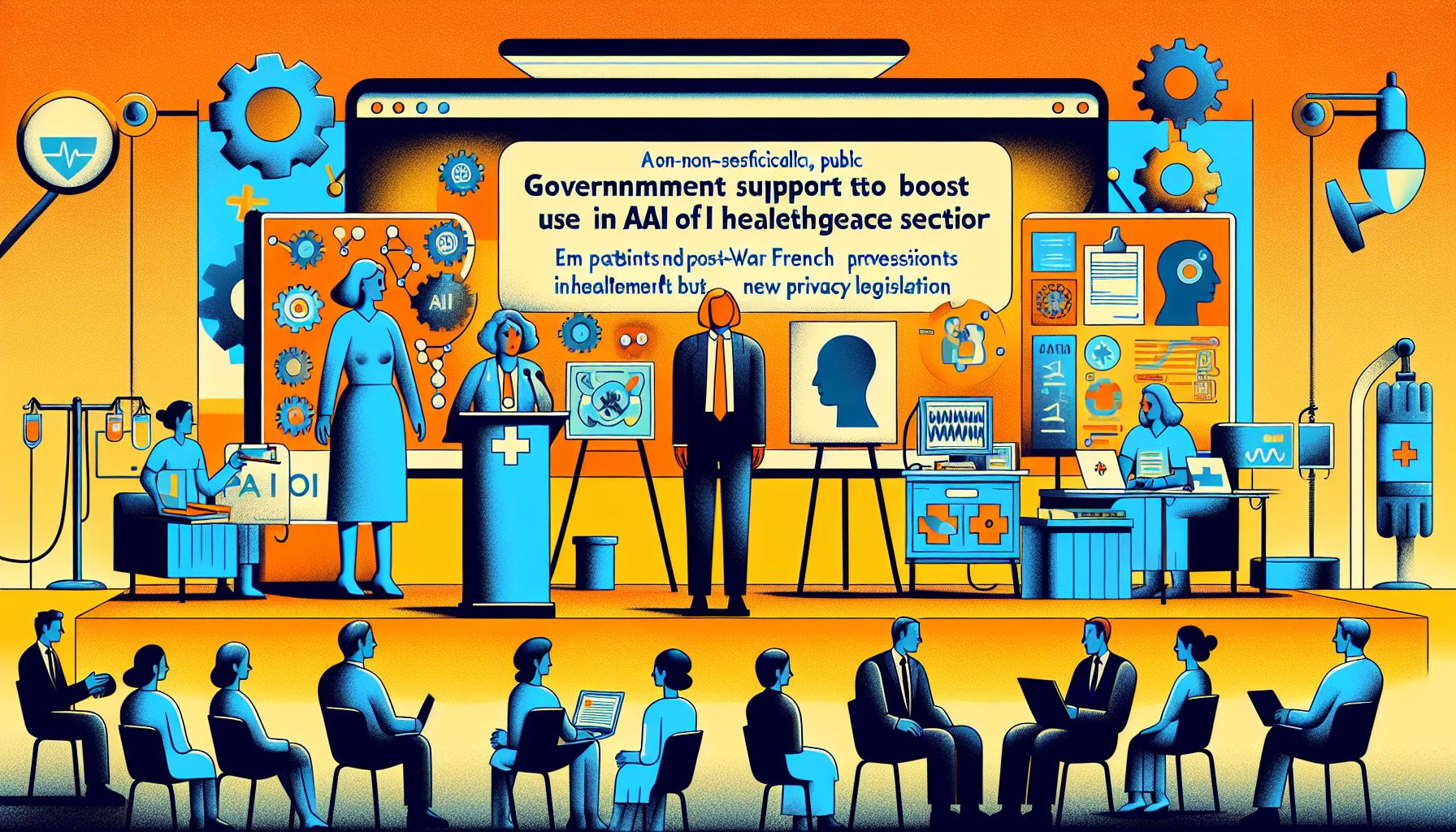Dutch Government Boosts AI Funding for Healthcare Innovation

Tilburg, Friday, 9 August 2024.
Minister Fleur Agema announces increased investment in artificial intelligence for the healthcare sector, aiming to accelerate AI-driven innovations. The initiative focuses on creating necessary conditions for AI implementation, including adjusting privacy legislation to facilitate data input by patients and healthcare professionals.
Fostering AI in Dutch Healthcare
The Dutch government is taking significant strides to foster artificial intelligence (AI) in the healthcare sector. Minister Fleur Agema, during her visit to the Elisabeth-TweeSteden Hospital in Tilburg, emphasized the transformative potential of AI in healthcare. Her announcement of increased funding aims to expedite the integration of AI technologies, enhancing the efficiency and effectiveness of healthcare delivery. This move aligns with the broader European strategy to make AI a core component of healthcare infrastructure.
Strategic Investment and Legislative Support
Minister Agema highlighted the strategic allocation of transformatiegelden (transformation funds) from the Ministry of Health, Welfare, and Sport (VWS) budget, specifically earmarked for digitalization in healthcare. By prioritizing AI, the ministry aims to address existing challenges in healthcare delivery through innovative solutions. The legislative adjustments proposed by Agema, such as modifying privacy laws, intend to streamline the implementation of AI by enabling easier data entry by patients and healthcare professionals, thereby facilitating more personalized and efficient care.
Global AI Funding Trends
The announcement comes amid a global surge in AI and healthcare funding. As reported by Crunchbase, the healthcare and biotech sectors attracted $6 billion, while AI companies secured approximately $5.8 billion in July 2024 alone[2]. This global trend underscores the growing recognition of AI’s potential to revolutionize various sectors, particularly healthcare.
Implications for Healthcare Delivery
The integration of AI in healthcare is poised to offer numerous benefits, including improved diagnostic accuracy, enhanced patient care, and more efficient healthcare management. AI algorithms can analyze vast amounts of data rapidly, providing healthcare professionals with actionable insights that can lead to better patient outcomes. For instance, AI-driven diagnostic tools can detect diseases at earlier stages, enabling timely interventions and potentially saving lives.
Balancing Innovation with Ethical Considerations
While the potential benefits of AI in healthcare are immense, it is crucial to address ethical considerations. The European approach to AI, as outlined by the European Commission, emphasizes the importance of ensuring safety, fundamental rights, and trust in AI systems[6]. This holistic approach aims to create a robust framework that supports innovation while safeguarding public interests.
Conclusion
The Dutch government’s commitment to boosting AI funding in healthcare signifies a proactive step towards a more innovative and efficient healthcare system. By fostering AI-driven solutions and supporting the necessary legislative frameworks, the Netherlands aims to position itself at the forefront of healthcare innovation. This initiative not only aligns with global trends but also promises to deliver tangible benefits to patients and healthcare providers alike.

